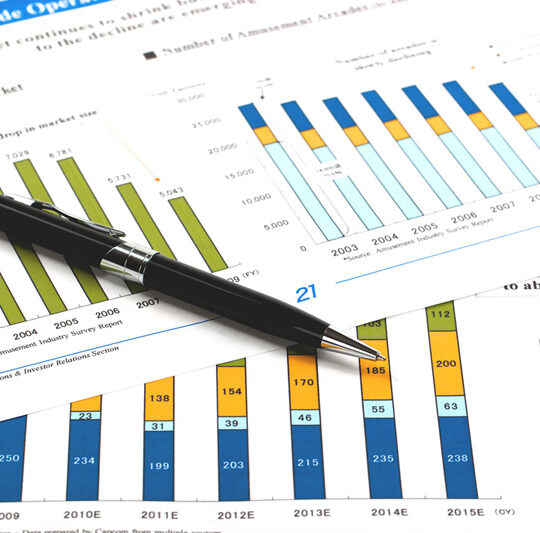Last week Asset Allocator looked over our database to see how DFMs’ preferences for UK equity growth funds had changed over time.
While we noted a general malaise towards the sector, with some significant sell-offs over the past five years, one fund has fought against the tide.
Royal London Sustainable Leaders is one of the few UK equity funds to have seen demand increase over the period, having added three new buyers in our database since mid-2020, taking its total to four.
Couple this with our ESG portfolios, in which Royal London Sustainable Leaders dominates the UK equity sector with 11 buyers, and what you end up with is a very popular offering.
The fund is £500mn in size and has been run by manager Mike Fox for 19 years. It has outperformed the benchmark over five years but struggled in 2022, perhaps owing to the energy price spike that other less ESG-oriented funds will have capitalised upon.
Hawksmoor is a fan of the fund, and senior research analyst Robert Fullerton gave us his thoughts.














